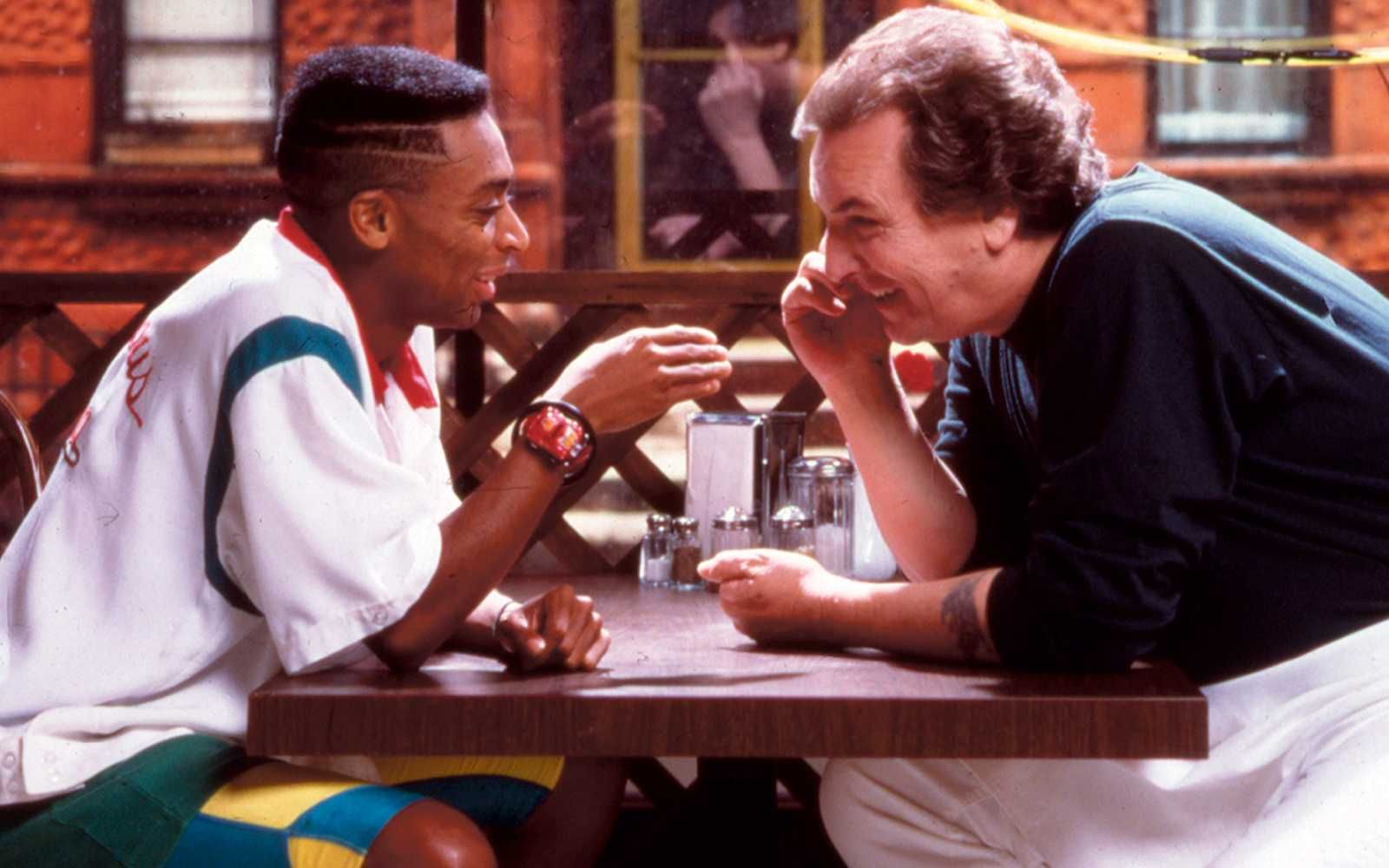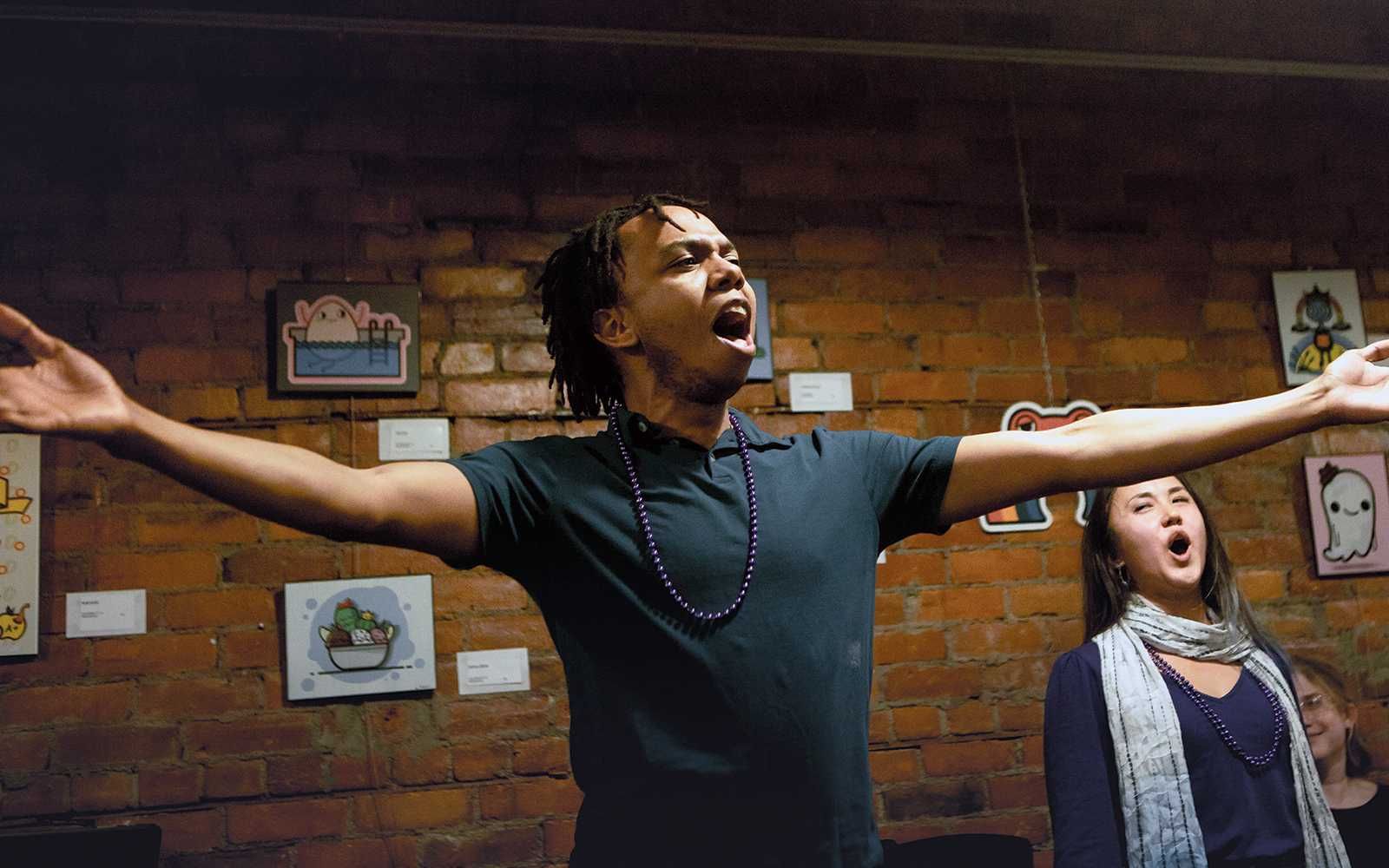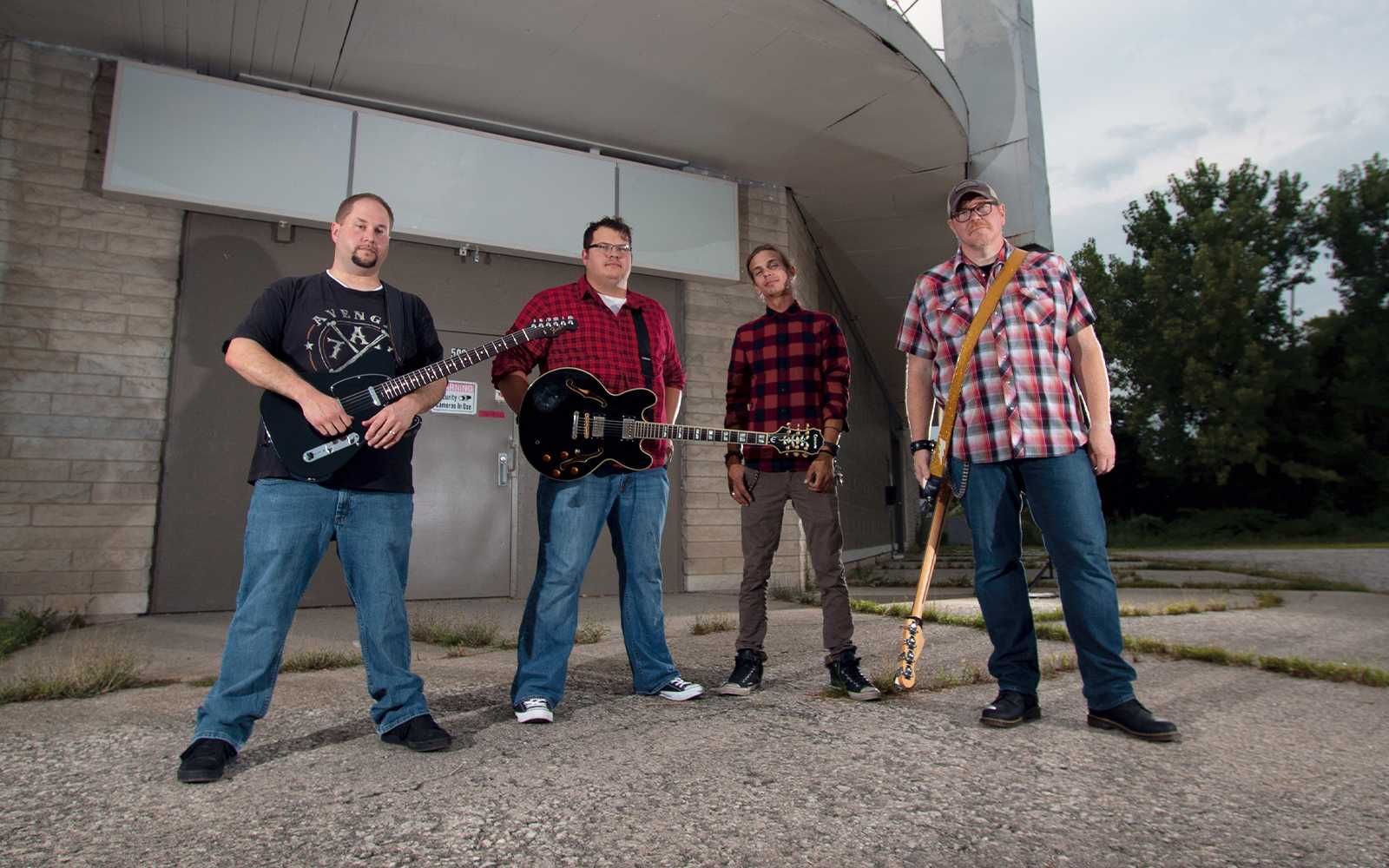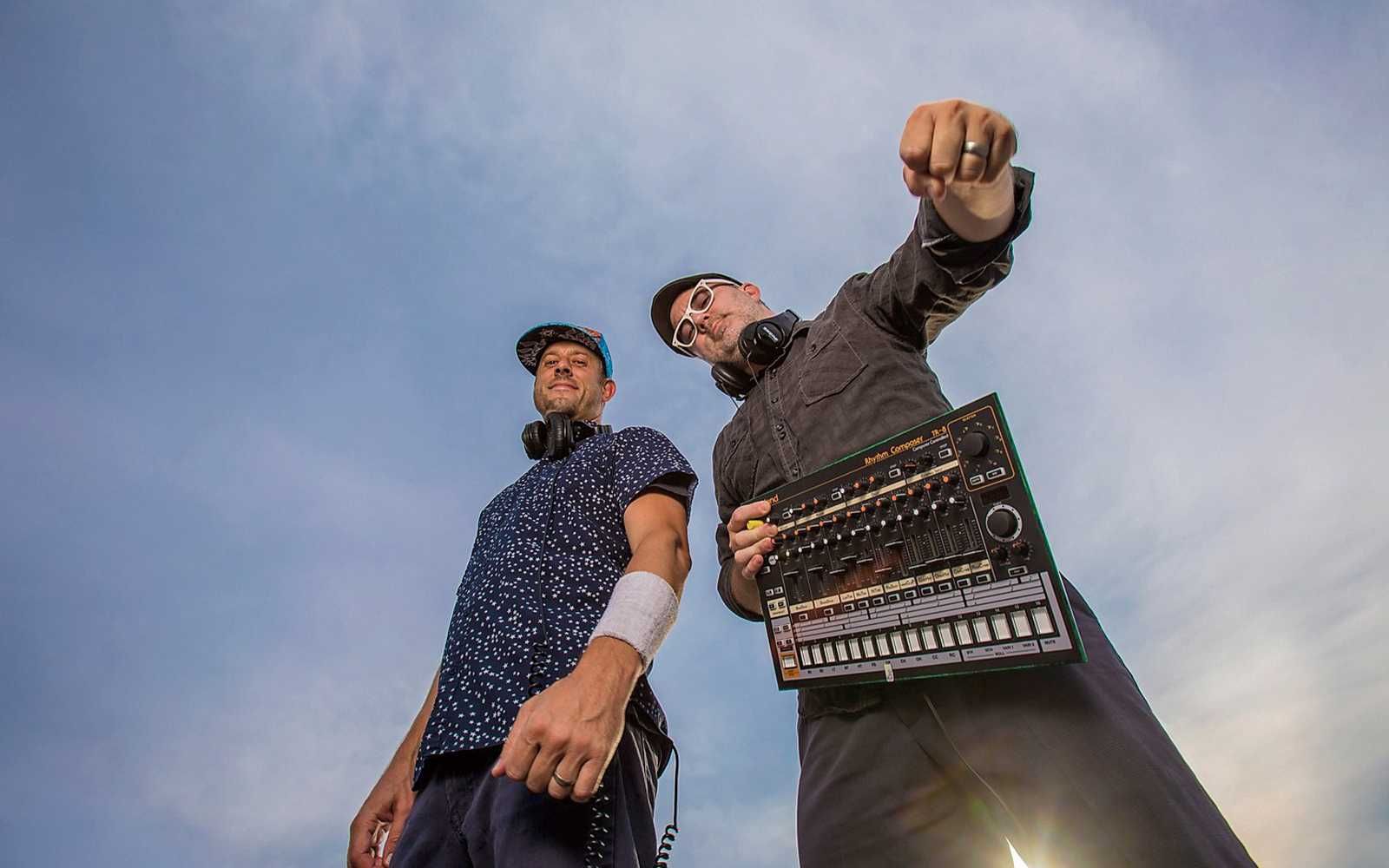Growing up, my best friend’s family, a black family, was aware of my own difficult family circumstances and stepped up. They’d have me over for dinner, take me on vacations, and let me spend the night. Their involvement in my life was paramount to me getting through my childhood.
They also introduced me to the two things I love most in life: music and cinema. They took me to movies, played music for me, and helped me become aware of a world outside my neighborhood. And those films and songs that inspired me to spend my life working in both the film and music industries, were made by black artists.
The least I can do is take this week’s column to suggest some of my favorite films made by black directors.
Do the Right Thing (dir. Spike Lee, 1989) — In my opinion it was the best film of the 1980s and one of the best American films ever made. It was my first ever “Favorite Movie Ever” and one of the films I’ve watched most in my life. It’s important, it’s masterful, it’s beautiful, it’s real. If you’ve somehow not yet seem Spike Lee’s masterpiece, it should be the next thing you watch. And if you’ve seen it a million times you may as well watch it again, as the time is always right to Do the Right Thing.
Juice (dir. Ernest R. Dickerson, 1992) — Spike Lee’s onetime cinematographer (who went on to direct several of the best episodes of The Wire) made one of the most brutal, heartbreaking coming-of-age films of all time with Juice. Starring a young Omar Epps and Tupac Shakur and with music by The Bomb Squad, Juice holds up as one of the 1990s most overlooked masterpieces.
Boyz ’n the Hood (dir. John Singleton, 1991) — Singleton’s debut film hit the world like a wrecking ball, exposing most of America to a version of life that had otherwise not really been commercially documented. To say that Boyz changed the country, and cinema, would be appropriate. It’s as powerful as films got in the 1990s, dealing with racism and oppression in a way few films before it had.
Fruitvale Station (dir. Ryan Coogler, 2013) — Continuing the legacy of films like Do the Right Thing and Boyz ’n the Hood, Coogler’s debut feature film told the true story of Oscar Grant, a young, innocent black man who was killed by a police officer in 2009. Not only is Coogler’s work as a writer/director an all-time great, the performance by Michael B. Jordan as Grant is legendary. A soulful, sad, important film that everyone should see.
Moonlight (dir. Barry Jenkins, 2016) — Jenkins’ breakout art film about a queer black man is in the conversation for Best Film of the Century. It’s one I watch regularly and am never disappointed by. I could say more but like to believe that by now most people have seen this film, which won Best Picture at the Oscars in 2017.
Killer of Sheep (dir. Charles Burnett, 1978) — An art film that feels as real as any documentary, Killer of Sheep is often considered to be the Godfather of Modern Black Cinema. Through vignettes set in Los Angeles’ Watts district, Burnett’s film worked to give moviegoers an authentic look at lifestyle divide between White America and Black America.
New Jack City (dir. Mario Van Peebles, 1991) — So you just want to sit back and watch something fun and entertaining? How about a gangster film about black gangsters in New York City during the early 1990s? One of the great gangster films ever made, New Jack City stars then-budding movie stars Wesley Snipes, Ice-T, Chris Rock, Allen Payne and Van Peebles. It’s violent and dark, but incredibly entertaining and well crafted.
Malcolm X (dir. Spike Lee, 1992) — Last year I made a list of my favorite biopics and Lee’s storied film topped the list. It’s big, it’s long, it’s beautiful and tough and important. Initially intended to be directed by a white director, Spike Lee lobbied to make the film, and the black community supplied him with the money he needed to make it properly. Denzel Washington gives one of the great American performances ever.
Menace II Society (dir. Hughes Brothers, 1993) — A film that excels at illustrating how hard it is to escape poverty, your neighborhood, and the dark corners of your roots, no matter how hard you try. A sad film that, along with Boyz, helped open a lot of eyes to the oppression young black men faced in Los Angeles in the early ’90s and beyond.
Symbiopsychotaxiplasm: Take One (dir. William Greeves, 1968) — If I were to make a list of movies that have influenced me most as a filmmaker, this would rank highly on that list. Greeves’ work here is so philosophical, so unique, and so profound. It’s truly a one-of-a-kind picture whose influence continues to inspire movie makers over 50 years later. Not an easy watch, but one that you won’t forget.
ALSO: Watermelon Man; 13th; Sweet Sweetback’s Baadasssss Song; Black Girl; Body and Soul; Within Our Gates; I Am Not Your Negro; She’s Gotta Have It; Higher Learning; Friday; House Party; To Sleep with Anger; The Learning Tree; Love and Basketball; Oh, Sun; and so many more.




